
Health Preservation Knowledge for the Elderly


The health preservation of the elderly is a multidimensional topic that involves not only physical health but also psychological and social aspects. As people age, their bodily functions gradually decline, making reasonable health preservation crucial for delaying aging and improving quality of life.

Dietary Recommendations
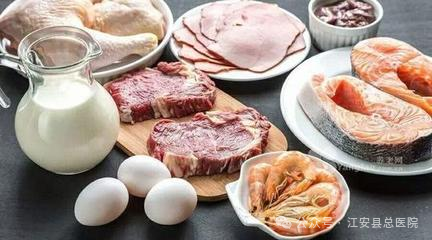
Grains and Tubers
Whole grains and legumes should account for one-third of the grain intake, while tubers such as sweet potatoes, potatoes, and purple sweet potatoes can serve as staple foods for the elderly.
Vegetables and Fruits
Ensure that every meal includes vegetables, with a focus on leafy greens, cruciferous vegetables, and fungi. Dark-colored vegetables should make up half of the vegetable intake. Include fruits daily, with smaller amounts of various types.
Fish, Poultry, Eggs, and Lean Meats
This is primarily to meet the increased protein needs of the elderly. Encourage sufficient intake of animal foods, choosing tender, easy-to-chew, and digest meats, and opting for fish with few or no bones. Ensure one egg daily, consume aquatic products at least twice a week, totaling 300-500 grams; and consume 300-500 grams of poultry and livestock meat weekly.
Dairy, Soy, and Nuts
Different types of dairy and dairy products can be consumed interchangeably if conditions allow, with a recommended intake of 300-500 grams of liquid milk daily. Elderly individuals can choose from various fermented or non-fermented soy products. Nuts should be consumed at around 70 grams per week.
Others
It is recommended that elderly individuals limit cooking oil intake to no more than 25-30 grams daily and salt to less than 5 grams. In mild climates, the appropriate daily water intake for the elderly is 1500-1700 milliliters; in high temperatures or during intense physical activity, water intake should be increased appropriately.


Exercise Recommendations
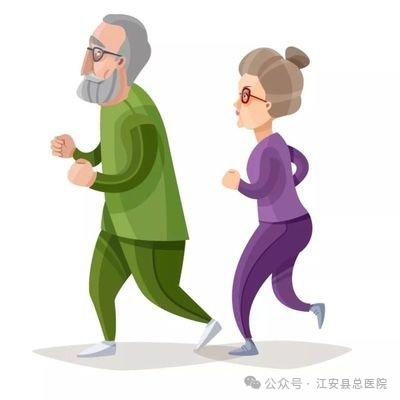
Maintain Appropriate Exercise
Encourage elderly individuals to engage in physical activities. It is recommended that those aged 65-79 perform 150-300 minutes of moderate-intensity physical activity weekly, with options such as Tai Chi, weightlifting, running, and walking. If unable to meet this, they should increase various forms of physical activity within their capabilities, emphasizing muscle strength training and balance exercises alongside aerobic activities.


Psychological Adjustment
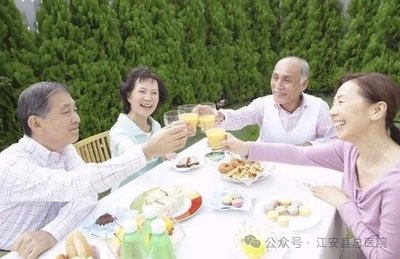
Positive Mindset
Elderly individuals should maintain a positive and optimistic mindset through participation in social activities and cultivating hobbies. This not only aids mental health but also helps delay aging and improve quality of life.
Psychological Support
Elderly individuals may face emotional issues such as loneliness and loss; family and society should provide adequate psychological support.


Regular Health Check-ups
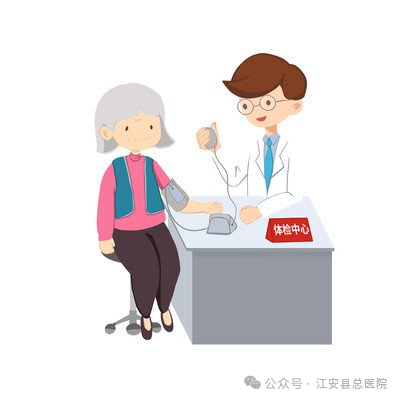
Regular Check-ups
Elderly individuals should undergo a comprehensive physical examination annually to timely identify and address health issues.
Regular Monitoring
Elderly individuals should regularly monitor their health status, including blood pressure, blood sugar, and blood lipids.


Health Education
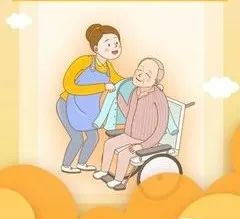
Health Knowledge
Elderly individuals should continuously learn health knowledge through reading, lectures, etc., to improve their self-care abilities.
Health Skills
Learning basic health skills, such as self-monitoring of blood pressure and blood sugar, is particularly important for chronic disease patients.


Safety Protection
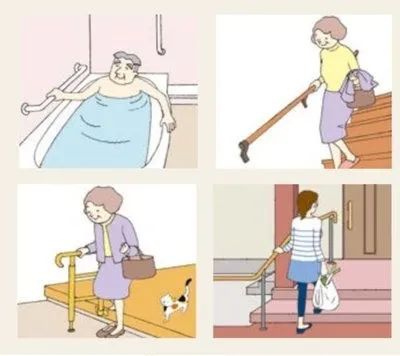
Fall Prevention
Elderly individuals are at high risk of falls and should pay attention to safety measures at home, such as installing handrails and keeping floors dry.
Traffic Safety
Elderly individuals should pay attention to traffic safety when going out, obey traffic rules, and avoid traveling during peak hours.


Traditional Chinese Medicine Health Care
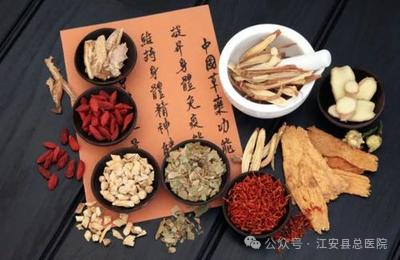
Preventive Care
Elderly individuals with weak constitutions can benefit from appropriately taking some tonifying herbs, which can help strengthen the body to some extent. When applying these, it is essential to identify the specific conditions of the five organs’ yin, yang, qi, and blood deficiencies to provide targeted supplementation. Understanding deficiency and supplementation is crucial for effective treatment, avoiding issues such as “deficiency not receiving supplementation” or “over-supplementation leading to heat”.
Traditional Chinese Medical Treatments
Acupressure, such as: Hegu (LI4): Massaging Hegu (located at the web between the thumb and index finger) can help relieve headaches and fever; Neiguan (PC6): Massaging Neiguan (located two inches above the wrist crease on the palm side) has auxiliary therapeutic effects for heart and respiratory diseases; Zusanli (ST36): Massaging Zusanli (located four fingerbreadths below the kneecap on the outer side) can enhance digestive system function and promote health. Acupuncture and Sanfu plaster therapy may also be used as per medical advice.

The health preservation of the elderly is a long-term process that requires persistent effort and scientific guidance. It is hoped that every elderly individual can enjoy a healthy, happy, and fulfilling old age.





Source: Health Management Center

